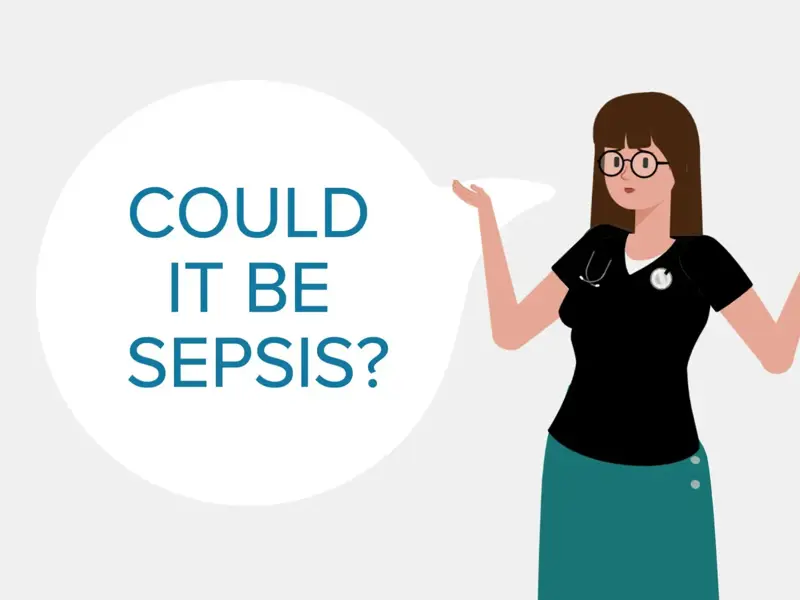Early recognition and timely response are at the core of the Stopping Sepsis National Action Plan (SSNAP), and the National Sepsis Program and Program Extension have delivered a coordinated suite of projects that directly advance these goals, improving clinical capability, public awareness, and system-wide consistency.
These projects, developed through collaboration between Sepsis Australia, The George Institute, and the Australian Commission on Safety and Quality in Health Care, provide practical tools and frameworks for clinicians, consumers, and health services.
Primary Care Sepsis Training Module
Primary health care professionals are often the first point of contact for patients with early signs of sepsis. Their ability to recognise and escalate care is critical to improving outcomes. Launched in 2025, a free online course, developed with Sepsis Australia, The George Institute, and Medcast offers case studies and downloadable tools to support earlier diagnosis and escalation in primary care.
Sepsis Awareness
A national awareness campaign and kit were developed to help consumers identify sepsis symptoms and seek care promptly. These resources also include information for clinicians and healthcare workers, supporting the SSNAP’s focus on public education and workforce capability.
Released in 2022, the standard outlines seven quality statements for best-practice care from acute presentation through to survivorship. It promotes consistent, evidence-based care across health services.
Model of Coordinated Sepsis Care and Support
Scheduled for release in late 2025, this framework will guide health services in implementing best-practice sepsis care. It includes a business case for investment and supports the SSNAP’s emphasis on coordinated, sustainable reform.
National Sepsis Data Management Plan
While the final plan is still in development, foundational projects have delivered tools to support consistent data collection and reporting. These outputs will inform the national plan and provide an evidence base for future decision-making.
Each initiative aligns with the SSNAP’s strategic priorities from early recognition and public awareness to system coordination and support for survivors and the bereaved. The partnership between Sepsis Australia, The George Institute, and the Commission has delivered measurable progress and established a foundation for long-term reform.
These efforts contribute to a more consistent and responsive health system, one that is better equipped to recognise sepsis early, act appropriately, and support those impacted.

